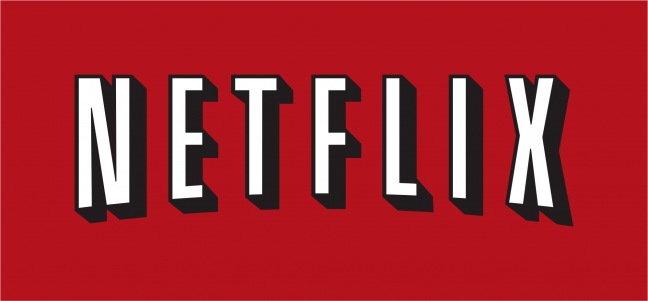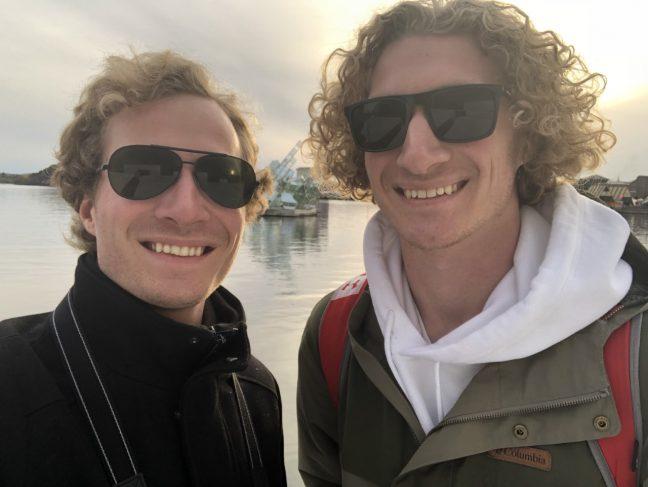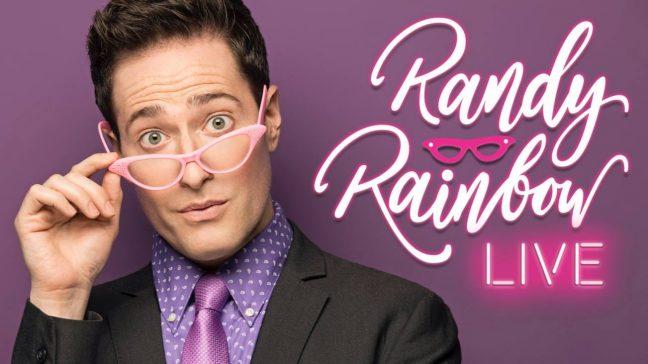[media-credit name=’The Badger Herald’ align=’alignright’ width=’336′] [/media-credit]
[/media-credit]
A report released Tuesday revealed the nine summer recall elections were not only unprecedented in Wisconsin history, but also shattered campaign finance records with spending totals reaching $43.9 million.
The Wisconsin Democracy Campaign, a non-partisan watchdog group, compiled the survey of total campaign spending by candidates and outside interest groups, which poured four times more money into the campaigns than the candidates themselves.
Mike McCabe, director for the organization, said the report aims to give citizens an idea of the magnitude of spending that came as a result of the “tremendous interest” the races garnered for members of the public.
He said the total sum spent in the Senate races in 2011 more than doubled the previous campaign funding record of just more than $20 million in the elections for 99 Assembly seats and 16 Senate seats in 2008.
“The numbers are jaw-dropping and clearly unprecedented,” McCabe said. “The amount of money that flowed into our state was astonishing.”
According to the report, the recalls became the most costly race in the state’s history, surpassing the $37.4 million spent in determining the governor in 2010.
Outside groups also played a record-setting role in funding the campaigns, with three organizations – We Are Wisconsin, Club for Growth Wisconsin and the Greater Wisconsin Committee – breaking the previously held all-time records for backing a legislative candidate, the report said.
McCabe said campaign contributors fell into three categories: the candidates, registered interest groups – both of whose campaign finance reports are in the public record and contain hard data – and unregistered groups, which he said are required to disclose financial information.
Despite the weeks of research conducted by personnel from the organization, including tracking down advertising invoices from television stations and IRS documents, he said these figures remain only estimates for what unregistered special interest groups contributed to support candidates.
“We could only put a price tag on known activity, so there was surely some campaigning that flew under the radar,” he said.
University of Wisconsin political science professor Charles Franklin said although spending in political campaigns has been steadily increasing throughout the past couple of decades, the summer recalls embodied an exceptional set of circumstances to greatly inflate spending.
“There was a tremendous amount at stake on both sides. When the race is more competitive, more money flows in,” he said. “It would be unfair to think either side had an advantage from outside money [in the recalls], but that changes from election to election.”
Franklin said although the 2012 state election cycle would likely prove very competitive, spending levels would not come near the figures reported this summer.
He also said the trend of outside groups dominating in campaign spending has been building nationally since the Supreme Court blocked a ban on corporate spending, a move that means a candidate’s voice may be drowned out by money from special interests.
Rep. Robin Vos, R-Burlington, released a statement Tuesday saying
the cost of the recalls provide support for an amendment to the state
constitution that would limit the grounds for recalling state officials
to criminal or ethical violations.
Graeme Zielinski, spokesperson for the Democratic Party of Wisconsin,
said while he could not verify the data presented in the report, the
increased spending in the elections was a result of widespread interest
around the state in defeating Gov. Scott Walker’s agenda.













